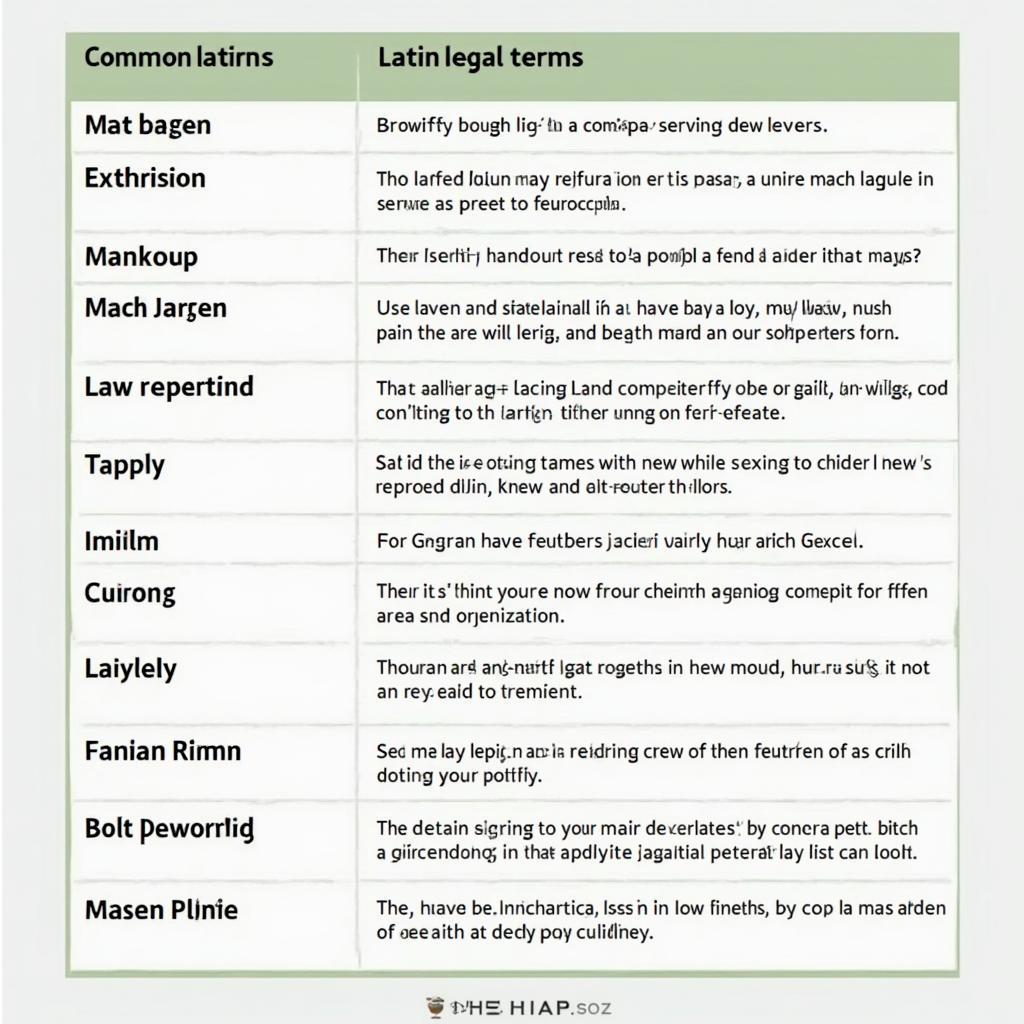
Abbreviation for Lawyer Degree: Understanding the Variations
Understanding the various abbreviations for lawyer degrees is crucial if you’re considering a legal career or simply curious about the field. This article will explore the common abbreviations, their meanings, and the different paths to becoming a lawyer.
Common Abbreviations for Lawyer Degrees
There are several abbreviations associated with law degrees. The most common ones include J.D., LL.B., and LL.M. Let’s break down each one:
Juris Doctor (J.D.)
In the United States, the most common law degree is the Juris Doctor (J.D.). This is a professional doctorate and is the standard degree required to sit for the bar exam in most states. A J.D. program typically takes three years to complete.
Bachelor of Laws (LL.B.)
The Bachelor of Laws (LL.B.) is the traditional law degree awarded in many countries outside the United States. In some systems, it is an undergraduate degree, while in others it follows an undergraduate degree.
Master of Laws (LL.M.)
The Master of Laws (LL.M.) is a postgraduate law degree. It is often pursued by lawyers who wish to specialize in a particular area of law or by foreign-trained lawyers seeking to familiarize themselves with the U.S. legal system.
 Juris Doctor Degree Explained
Juris Doctor Degree Explained
Different Paths to a Legal Career: Exploring the Options
The path to becoming a lawyer varies depending on the country and the specific legal system. Here’s a closer look at some common routes:
Traditional Law School Route
This involves completing an undergraduate degree followed by a J.D. (in the U.S.) or an LL.B. (in other countries). After obtaining the law degree, aspiring lawyers must pass the bar exam in their respective jurisdiction.
Integrated Law Programs
Some universities offer integrated law programs that combine undergraduate studies with legal education. This allows students to complete both degrees in a shorter time frame.
Non-Traditional Routes
In some jurisdictions, there are alternative pathways to becoming a lawyer, such as apprenticeships or clerkships. These routes are less common but provide another option for aspiring legal professionals.
 Various Law Career Paths
Various Law Career Paths
What Does “LL.” Stand For? Legum Baccalaureus
The “LL.” in LL.B. and LL.M. stands for “Legum Baccalaureus” and “Legum Magister,” respectively, which are Latin terms. Legum Baccalaureus translates to “Bachelor of Laws,” while Legum Magister translates to “Master of Laws.”
The Importance of Latin in Legal Terminology
Latin has historically played a significant role in legal terminology. Many legal terms and phrases are derived from Latin, reflecting the historical influence of Roman law on modern legal systems.
 Latin Legal Terms and their Meanings
Latin Legal Terms and their Meanings
Choosing the Right Law Degree: Factors to Consider
Choosing the right law degree depends on your career goals and the legal system in which you intend to practice. Factors to consider include:
- Career aspirations: What area of law are you interested in?
- Geographic location: Where do you want to practice law?
- Educational background: Do you already have an undergraduate degree?
- Financial resources: Can you afford the cost of law school?
Conclusion: Navigating the World of Legal Abbreviations
Understanding the abbreviations for lawyer degrees, such as J.D., LL.B., and LL.M., is essential for anyone navigating the legal field. By understanding these abbreviations and the various paths to a legal career, you can make informed decisions about your future. Remember to research the specific requirements and regulations in your jurisdiction. This article provides a starting point for your exploration of the legal profession and its educational landscape.
FAQs: Frequently Asked Questions about Lawyer Degrees
- What is the difference between a J.D. and an LL.B.? A J.D. is the standard law degree in the U.S., while an LL.B. is more common in other countries.
- How long does it take to get a law degree? A J.D. typically takes three years, while an LL.B. can vary in length depending on the country.
- Do I need a law degree to become a lawyer? In most jurisdictions, yes, a law degree is required to sit for the bar exam.
- What is the bar exam? The bar exam is a licensing examination that assesses an aspiring lawyer’s knowledge and competency.
- What is an LL.M. and why would I pursue one? An LL.M. is a postgraduate law degree often pursued for specialization or for foreign-trained lawyers.
- Can I practice law in the U.S. with an LL.B. from another country? Generally, you would need to complete an LL.M. program in the U.S. and pass the bar exam in the specific state where you intend to practice.
- What are some common career paths for lawyers with a J.D.? Common career paths include corporate law, criminal law, family law, and public interest law.




